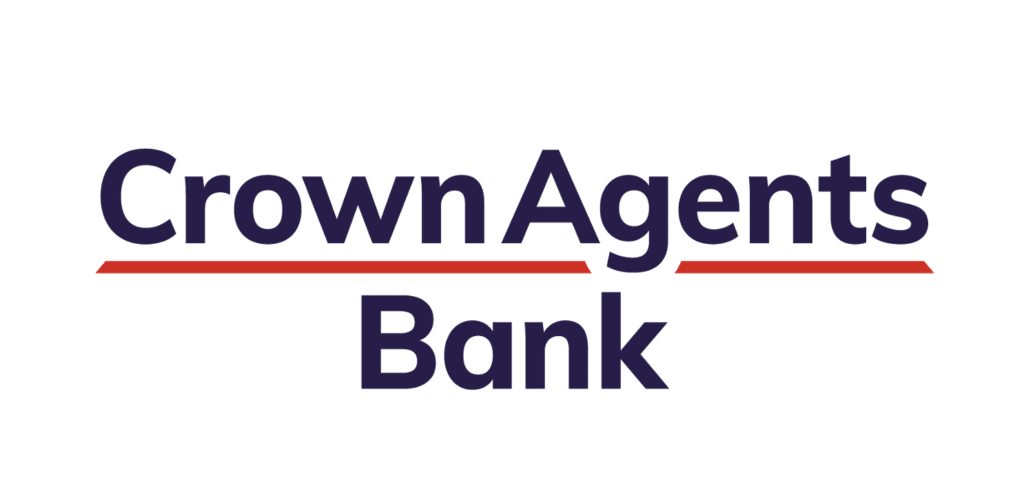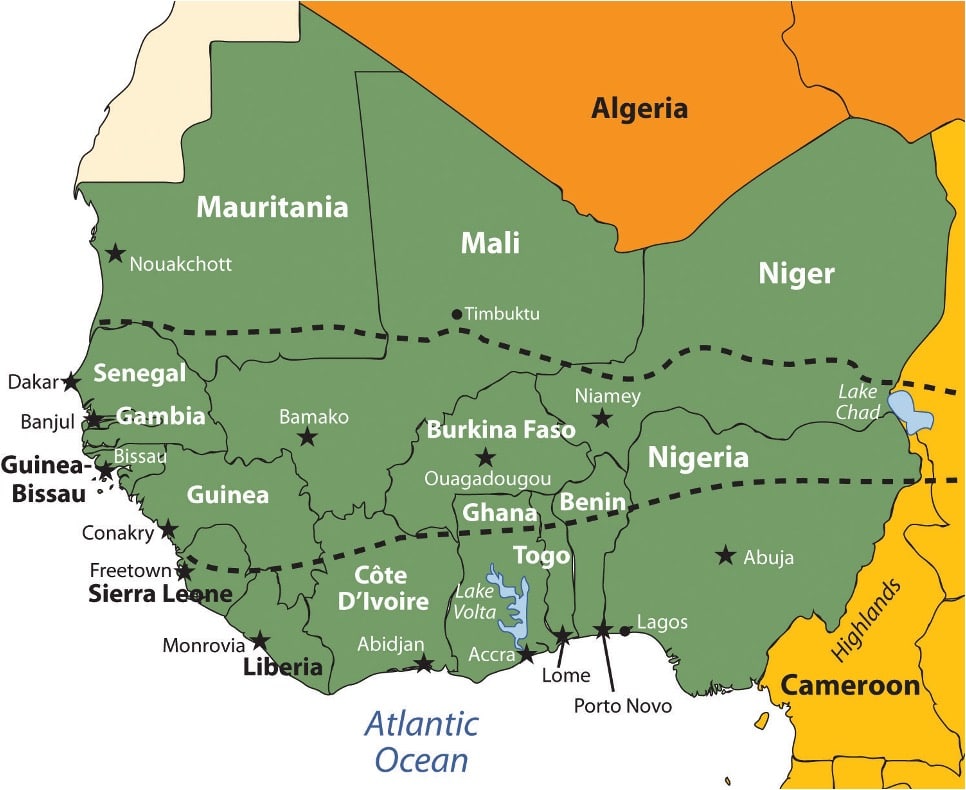CAB Payments was an IPO on the London market back only this summer. It’s also imploded already. Which is pretty good and matches the very worst performances from some of the Nasdaq despac operations. And IPO is supposed to be very much more verified than a Spac so this isn’t a grand advertisement for participating in new flotations in London.

Now, why it all went tits up quite so quickly is something to be debated. The back ground to the business seems entirely respectable – stodgy even. Originally, the company was the Crown Agents Bank – the people who moved money around the Empire. That structure has been pretty moot and increasingly so this past century. But the structures, knowledge and systems persisted and had value – they possibly knew more about moving money in and out of developing nations than anyone else.
This was sold off into private equity who gussied it up and then brought it back to the market this summer. The general view was how exciting. Then, only that four months later, disaster for CAB Payments. Likely future revenues were going to be hugely below predictions. Something had gone wrong in West Africa.
So, what went wrong at CAB Payments?
At which point we’ve the argument being put forward there in the Financial Times. Maybe we shouldn’t buy things in IPOs from private equity? They are, after all sophisticated sellers and they are selling – so maybe thy know something we don;t about how the future value is going to go? If they knew – knew – that it was going to increase in value then they’d not be selling, would they? Which is a possibly cynical and also possibly valid view.
Another though is simply to think about West Africa. My own view is that this 70% – 70% and count it – share price decline isn’t, not really, about the restatement of future revenues likely. Because the drop there wasn’t that bad – not that bad that is. However, what everyone suddenly realised is how much the business relied upon revenues from West Africa. And, well, we’re not wholly sure that they’re reliable now, are we?
Mining companies have their problems in West Africa

We can think of a few mining companies that have been having problems there. Bowleven has had horrible problems of getting a title transfer approved in Cameroon. Leo Lithium problems in Mali, Kodal Minerals in Mali also. Then there was that Atlantic Lithium problem – a short selling report on Atlantic Lithium over licences in Ghana. Iron ore in Guinea has been dogged by allegations for decades. Sure, this isn;t the only part of the world with these sorts of problems but the insistence on the gvernors (note, not the government) getting its dash is noted in this region.
OK, well, that’s fine, just a cost of doing business and build it into the business plan. Which is how it does work. Revenues from a project in West Africa are valued more lowly than from somewhere else.
So, CAB’s problems, the revenue of the value of the revenue?
Which brings us back to CAB Payments. Their revenue warning was based upon the Naira (the currency of Nigeria) and the two regional versions of the Franc. And it was only – perhaps only – when this revenue warning came through that everyone grasped quite how much of the business depended upon those West African revenues. Which are, as above, worth less than those from other places. More specifically, the currencies – most especially the Naira – has official exchange rates and official markets onshore. And also parallel and hugely differently priced offshore markets. Such things being the possible home of the most lovely games. Those who – for example – can gain access to foreign currency at the official, onshore rate, then sell them at the offshore, rinse and repeat at wide, wide, margins. Being the broker who aids this arbitrage is wildly profitable – until the market disappears. Which is why such revenues are more lowly valued of course.
Now, of course, all pricing is a matter of opinion. But my opinion is that it wasn’t, not really, the fall in predicted revenues that did for the CAB Payments share price. Rather, it was the revelation of who much of the business relied upon West African revenues. Which are, for those obvious reasons, more lowly valued. As also are those varied companies with mining operations in those same jurisdictions. The chances of peaceful future enjoyment of property are rather lower in those countries. So, assets in them and revenues from them are more lowly valued.
We might thus want to be careful of corporate offerings from West Africa. You know, jus’ sayin’. As also we might want to look askance at private equity offering us the chance to participate in an IPO. So, why are they trying to sell off that company?